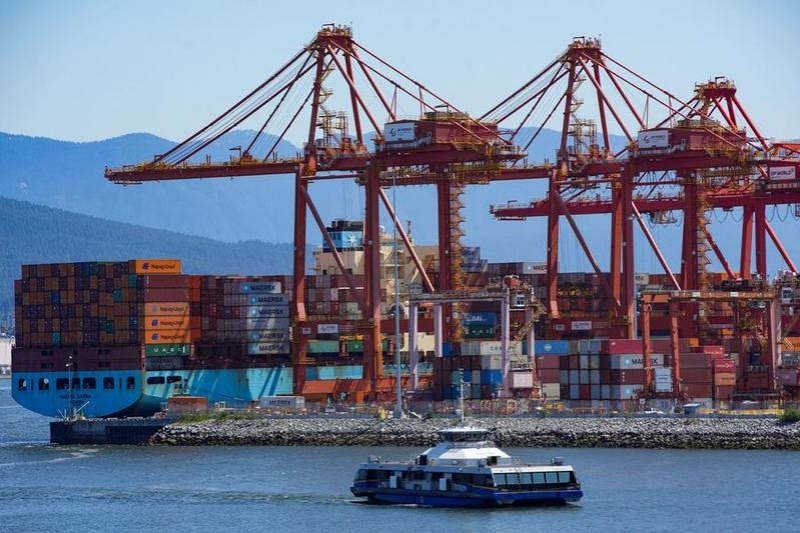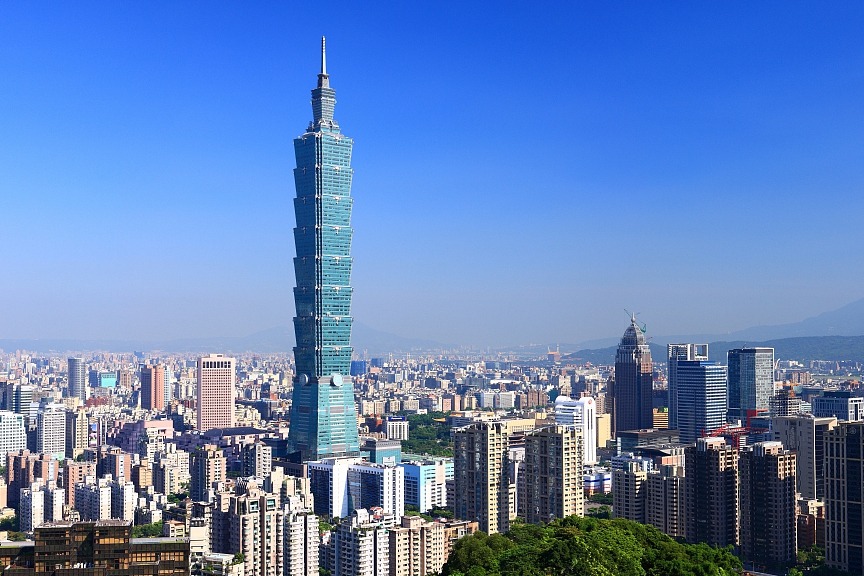Common experience


China's support for Southeast Asia's development is welcomed, including its initiatives to boost regional economic security
In 2024, the world has witnessed further transformation and instability, marked by protracted and intensified geopolitical conflicts, repeated attempts to decouple and sever supply chains, and the rapid rise of the Global South. As important members of the Global South, the member states of the Association of Southeast Asian Nations have assumed a greater role in promoting regional peace and prosperity.
Determined neutrality and non-interference are two of the defining characteristics of ASEAN. Some observers see this as a source of strength with its focus on common objectives rather than differences. Others see it as a source of weakness because it tolerates many diverse forms of governance.
ASEAN faces several challenges if it is to remain an essential part of the regional security architecture. Its preference for resolute neutrality will attract increasing pushback from major foreign players in the region, including invited ASEAN guests, whose intention is to use ASEAN as an adjunct tool of their own agendas for the region.
The challenge is also much broader than the proposed tariff and sanctions regime foreshadowed by US president-elect Donald Trump. The modern network of global trade agreements enmeshes the ASEAN members, giving them greater power to avoid being carved-out by US actions. Strategies that can be adopted by regional nations to counter trade protectionism start with a refusal to join the game and respond in kind. China has started on this path with the announcement of zero tariffs on goods coming from the least-developed countries of the Global South.
However, there is a feeling among regional think tanks, including those from Singapore, Malaysia, Thailand, the Republic of Korea and others, that the emerging environment is the most significant threat that ASEAN has ever experienced. The need to remain relevant, effective and if necessary, aggressively neutral in regard to its members, is a critical component of the regional security architecture.
The more fundamental challenge to ASEAN comes from the desire of former colonial countries to re-establish their dominance in the region. For some, such as the United Kingdom, it's a desire to reassert a level of influence that has been eroded by the passage of time. The main purpose of the planned UK major naval exercise in the "Indo-Pacific" region for 2025 is to revive the ghost of past domination and influence.
For Australia, sometimes described as a sub-imperial power, it includes coercing smaller nations into the surrender of sovereignty over their foreign relations. The trilateral security alliance AUKUS nuclear submarine deal causes discomfort for what it says about Australia's changing attitude to the region. The concerns are only slightly mitigated by the decades-long delay in delivery.
While the remnant colonial attitude is not so overt, it sits behind the resurgence of European involvement in the ASEAN region. It is a hankering for past glory. It is a direct threat to the framework of determined neutrality that aspires to forge a future of inclusivity and resilience — one that will anchor peace and prosperity throughout Southeast Asia. Colonialism and the bitter struggles to break free are remembered by people in this region. These are not abstract concepts, and although not often stated overtly, they underpin the common ASEAN experience.
The rejection of colonial legacies defines the experience of the ASEAN members. The post-colonial world is the strength of ASEAN that takes the concept of determined neutrality beyond a refusal to interfere in the affairs of others to include a rejection of interference in their own affairs. The days of engineered coups and puppet governments are long past and unwelcome to return. ASEAN leans more favorably toward those major regional powers such as China and Indonesia that understand and support this desire for genuine sovereign independence.
It suggests that ASEAN will need to become more aware and play a more active part of the security architecture of the region by pushing back against attempts to interfere with and manipulate the region. The ASEAN members have no desire to return to colonial relationships.
The United States has always been a belligerent player in global trade, ever willing to rely on its own interpretations of rules. The application of US versions of global rules is a major hurdle to fair and equitable treatment of trade. These are the core issues, which undermine economic security and lie at the heart of ASEAN discussions and aspirations.
ASEAN provides a choice by supporting the foundational framework of free trade in the region. China continues to lend its support for ASEAN's collaborative ethos to reduce trade barriers.
China's support and assistance are not dependent upon the ASEAN members adopting a single political system or ideology. Unlike the colonial approach which uses trade as a tool of exploitation, China's Global Development Initiative, Global Security Initiative and other programs already inject stability into Asia and the rest of the world.
At the same time, the ASEAN members are making efforts to enhance regional integration. For instance, Malaysia is taking steps to support and advance the ASEAN Community Vision 2045, an ASEAN-advocated strategic long-term plan that aims to guide the region's growth and prosperity over the next two decades and does not rest on military solutions. Already some Western nations see this as a threat to their objectives which see neutrality as an example of weakness.
In a strategic effort to leverage the experiences of notable regional figures, Malaysian Prime Minister Anwar Ibrahim is assembling a team of advisers such as reportedly Singapore's former foreign minister George Yeo and Thailand's former prime minister Thaksin Shinawatra to support his country's upcoming chairmanship of ASEAN. Their experience provides the muscle for policy development and implementation.
China's support for ASEAN's development is welcomed and includes participation in wide-ranging programs such as the Belt and Road Initiative which is designed to boost economic security.
China can explore effective ways to synergize the BRI, the Global Development Initiative and the Global Security Initiative with the ASEAN Community Vision 2045 and work with the ASEAN members to accelerate the signing and implementation of the China-ASEAN Free Trade Area 3.0 Upgrade Protocol.
The author is an international financial technical analysis expert and a former national board member of the Australia China Business Council. The author contributed this article to China Watch, a think tank powered by China Daily. The views do not necessarily reflect those of China Daily.
Contact the editor at editor@chinawatch.cn.


































